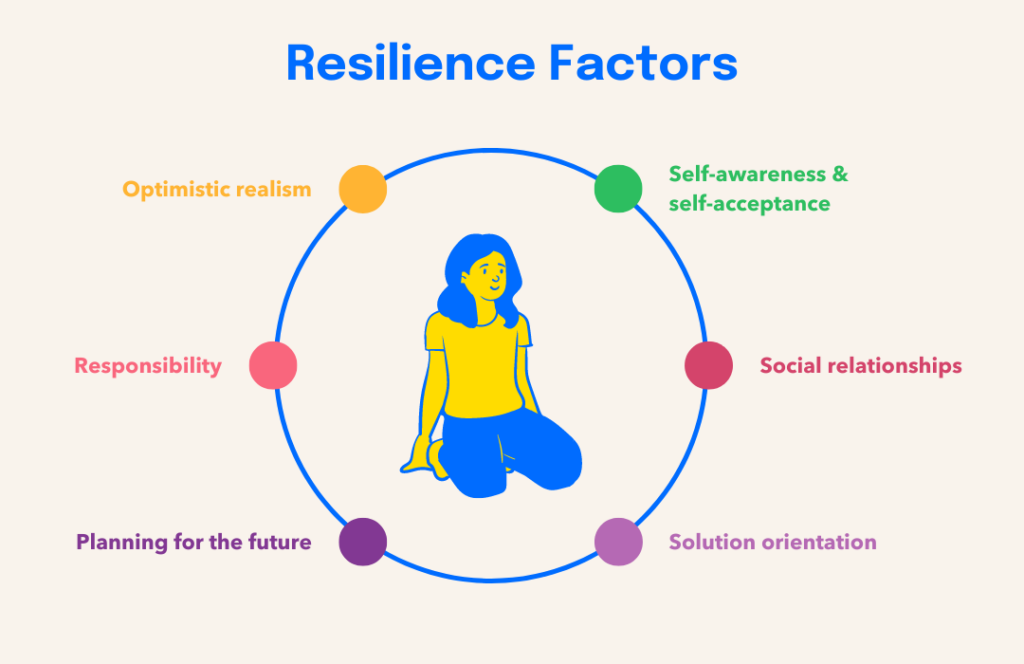Mental Resilience: Building Inner Strength
Introduction
In today’s fast-paced and demanding world, mental resilience has become an invaluable trait. It refers to one’s ability to adapt and bounce back from adversity, challenges, and setbacks. Building mental resilience is crucial for maintaining good mental health, achieving success, and leading a fulfilling life.
The Power of Mindset
One of the key factors in developing mental resilience is cultivating a positive mindset. Embracing a growth mindset allows individuals to view failures and setbacks as opportunities for growth and learning. By reframing negative experiences as stepping stones towards personal development, individuals can better navigate through life’s challenges.
Developing Self-Awareness
Self-awareness is another crucial aspect of mental resilience. Understanding one’s emotions, thoughts, and behaviors can help individuals better cope with stress and adversity. By recognizing their triggers and patterns, individuals can implement effective coping strategies such as deep breathing exercises, mindfulness, or seeking support from loved ones.
Nurturing a Supportive Network
Having a strong support system is vital for building mental resilience. Surrounding yourself with positive and supportive individuals can provide a sense of belonging, encouragement, and guidance during tough times. Whether it’s family, friends, or mentors, having people who truly understand and care about your well-being can make a significant difference in your ability to bounce back.
Building Problem-Solving Skills
Developing strong problem-solving skills is essential for enhancing mental resilience. When faced with challenges, individuals with good problem-solving skills can analyze the situation, identify possible solutions, and take appropriate action. This proactive approach empowers individuals to regain control and effectively overcome obstacles.
Cultivating Optimism
Optimism plays a crucial role in building mental resilience. By focusing on the positive aspects of a situation, individuals can maintain hope and motivation even in the face of adversity. Optimistic individuals believe that setbacks are temporary and that they have the ability to overcome them, leading to increased mental strength and resilience.
Practicing Self-Care
Self-care is often overlooked but is vital for mental resilience. Engaging in activities that promote relaxation, such as exercise, hobbies, or spending time in nature, can help reduce stress and improve overall well-being. Taking care of one’s physical health, getting enough sleep, and maintaining a balanced lifestyle are also essential for building mental resilience.
Conclusion
Mental resilience is a valuable skill that can be developed and nurtured over time. By cultivating a positive mindset, developing self-awareness, nurturing a supportive network, building problem-solving skills, cultivating optimism, and practicing self-care, individuals can enhance their mental resilience and better cope with life’s challenges. Remember, mental resilience is not about avoiding difficulties but about bouncing back stronger.
